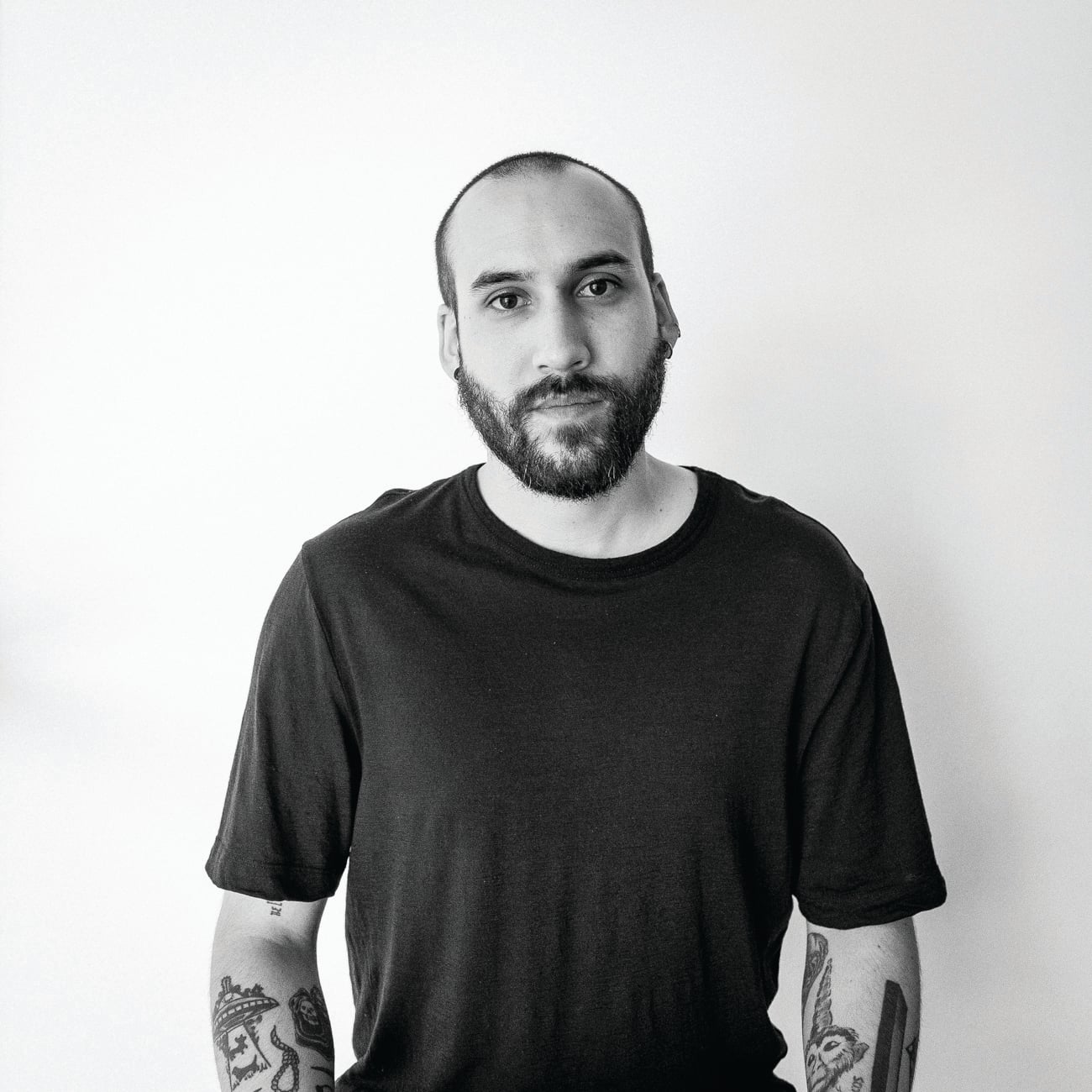
By Alvaro Bretel, head of strategy MEA at VICE Media Group
It’s no surprise that with Vision 2030 under way, infrastructure changes are accompanied by cultural shifts, especially amongst youth who are encouraged by what the future holds, or better said, what they will make of the future.
Understanding youth culture, their current mindset and behavioural shifts is imperative to understanding the cultural changes that will define society in the future. Our latest study, the State of Arab Youth report, has the potential of forecasting the future of culture – offering valuable and unparalleled insight.
WRITING THE HERITAGE OF TOMORROW
The State of Arab Youth is part of a wider, global initiative from VICE Media Group that surveyed more than 22,600 young people across the world. Our research shows that young people globally can’t avoid feeling worried about the future of the world, the future of their countries and their own future.
However, what’s interesting is that young Saudis are the most optimistic group globally. To demonstrate, compared to the 21 per cent of global youth that feels optimistic about the future of the world, 40 per cent of Saudi youth feel confident about a positive future. Furthermore, 53 per cent of young Saudis feel optimistic about the future of their country, while in the rest of the world, only 27 per cent have the same sentiment towards their homeland. This level of hope also manifests in their own lives: 55 per cent of the young population in Saudi see their own future as positive, compared to only 44 per cent globally.
The causes for such differences are many and complex. One reason can be attributed to Saudi Arabia’s social and political context, which ignites a desire in young people to leave their mark. Two-thirds of young Saudis, for example, are confident about the positive change they can make in their country and, subsequently, the world.
Along the research process, we stumbled upon an interesting concept – ‘the heritage of tomorrow’. When we think of heritage, our brain defaults to the past and all that we inherited from our ancestors centuries ago; however, what we tend to forget and that young Saudis don’t, is that heritage evolves as society evolves. Saudi youth are deeply connected to where they come from and refuse to steer away from it. But at the same time, they want to inject this heritage with their own signature, fuelled by the optimism and momentum of today. They are effectively defining the heritage of tomorrow.
The heritage of tomorrow will come about from many different angles. But today, let’s look at how it will come to life through two different passion points.
CHARTING THEIR OWN PATH
The financial health of the Kingdom and other Gulf countries outpaces that of the rest of the world. For instance, one in two young Saudis describe their financial situation as good or excellent, 14 percentage points more than the global average. Compared with the rest of the world, Saudi youth feel closer to financial independence; such ability has yielded happiness that extends beyond bank accounts, unlocking the possibility of a more stable life than previous generations were able to access. They feel encouraged to not only manage their money more comfortably, but also to look into growing it by embracing new ways of investment such as cryptocurrencies and NFTs at a more rapid pace than the rest of the world.
Furthermore, 36 per cent of young Saudis see themselves as ambitious and creative. Consequently, one in three feel emboldened to bring their ideas to life by becoming entrepreneurs. Gone are the days when life’s biggest aspiration was to work and grow in a reputable company. Young people in the Kingdom are now hungry and eager to chart their own path.
The Kingdom’s heritage of tomorrow will be written by the bold and innovative ideas born from today’s young Saudis that are fuelled by unbridled ambition.
CHAMPIONING LOCAL FASHION DESIGNERS
Fashion plays a vital role in defining young Saudis’ personal identity as 54 per cent recognise that fashion allows them to stand out and showcase their creativity. Even though it is well known that western trends have always dominated the world of fashion and Saudi youth are not alien to them, they do not conform to what such trends dictate. 58 per cent of people love to experiment with fashion and style by combining ‘trendy’ pieces alongside ones that celebrate their cultural heritage.
Today’s Saudi fashion industry is being defined by up-and-coming designers that are in touch with their heritage but reimagining it through current fashion trends. Among all these new brands, we can find Hindamme created by the Saudi designer Mohammed Khoja, who mixes elements of personal identity and culture with a contemporary format, merging east and west into his designs. Another remarkable example is the brand Not Boring, which created a modernised and genderless version of the traditional Saudi farwa. Here are more local brands and designers that are gaining popularity among Saudi youth, as one in two actively support and buy from them.
Saudi Arabia’s heritage of tomorrow will be defined by the clash of global trends with local heritage championed by local creatives, rewriting the future of Saudi fashion.
Saudi Arabia is a future-focused country that remains rooted in its heritage and driven by an always optimistic and ever-ambitious youth. A young generation emboldened to create the Saudi heritage of tomorrow.









